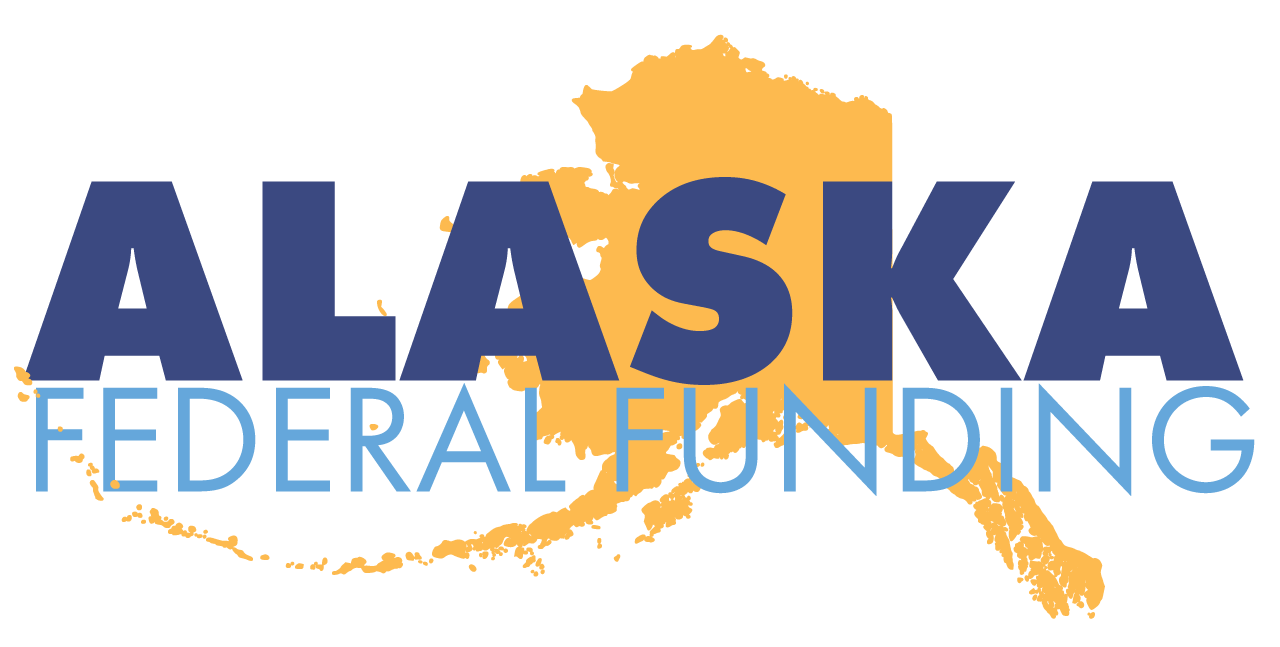Project Delivery
Life Cycle of a Grant
A Grant Life Cycle is comprised of three stages: pre-award, award, and post-award. The applicant / recipient and awarding agency have their own unique roles in each stage. The duration of an award will vary depending on the specifics of the grant and the project.
The pre-award phase begins when the agency plans for the solicitation through Notice of Funding Opportunity (NOFOs) and ends after applications have been reviewed and scored. Applicants submit assurances and certifications verifying compliance with federal statutes as part of the pre-award process.
Key Pre-Award Activities
| Applicant | Funding Agency |
|
|
Most grants are made through a competitive application process; however, many grants are noncompetitive. A grant may be awarded without Competition if either Congress or the funding agency determines that a single organization is the best resource. Noncompetitive grants can include new awards, supplements, extensions, and continuations.
The competitive process begins with the awarding agency publishing the NOFO on Grants.gov. The NOFO describes in detail the purpose of the award, eligibility requirements, estimated award amount(s), application deadline, funding time period, and method of selection.
Applications that meet the eligibility requirements, respond to the established requirements of the NOFO, and are submitted on-time are reviewed and scored based on the criteria published in the NOFO.
After the review of all applications, the awarding agency will determine whether an award will be made. If an applicant is successful, then the agency will notify the applicant by issuing a Notice of Award (NoA). If the applicant is unsuccessful, the agency will notify the applicant, via correspondence, and provide specific details relating to the decision.
Key Pre-Award Activities
| Applicant | Funding Agency |
|
|
Awards are made according to rank, score, and specific selection criteria stated in the NOFO and are subject to availability of funds.
As an award recipient, you are also subject to federal statutory and regulatory requirements and policies.
The post-award phase begins when a successful applicant, known as a known as a recipient, expends awarded funds and starts work on achieving the outcome(s) of the grant. This phase encompasses ongoing monitoring of the funded project.
The post-award phase concludes after the period of performance ends and closeout activities are completed.
Key Post-Award Activities
| Applicant | Funding Agency |
|
|
Upon receipt of a NoA, recipient begin performing the proposed activities in accordance with the terms and conditions of the NoA.
Recipient provide periodic programmatic and financial reports to the awarding agency, as required by the terms and conditions of the NoA . The agency reviews the programmatic and financial reports and works with recipient throughout the post-award phase to ensure all required documentation is submitted and accurate.
Closeout occurs after the end of the period of performance. This is a process that ensures recipient have met all financial and reporting requirements.
 DOT Project Delivery Toolbox
DOT Project Delivery Toolbox
The U.S. DOT Project Delivery Center of Excellence’s Project Delivery Toolbox is a collection of resources and best practices across U.S. DOT to help awardees successfully implement their construction project—on time, on task, and on budget.
 Alaska Engineering Pool
Alaska Engineering Pool
A list of engineering and consulting firms with experience working on infrastructure projects in Alaska.
